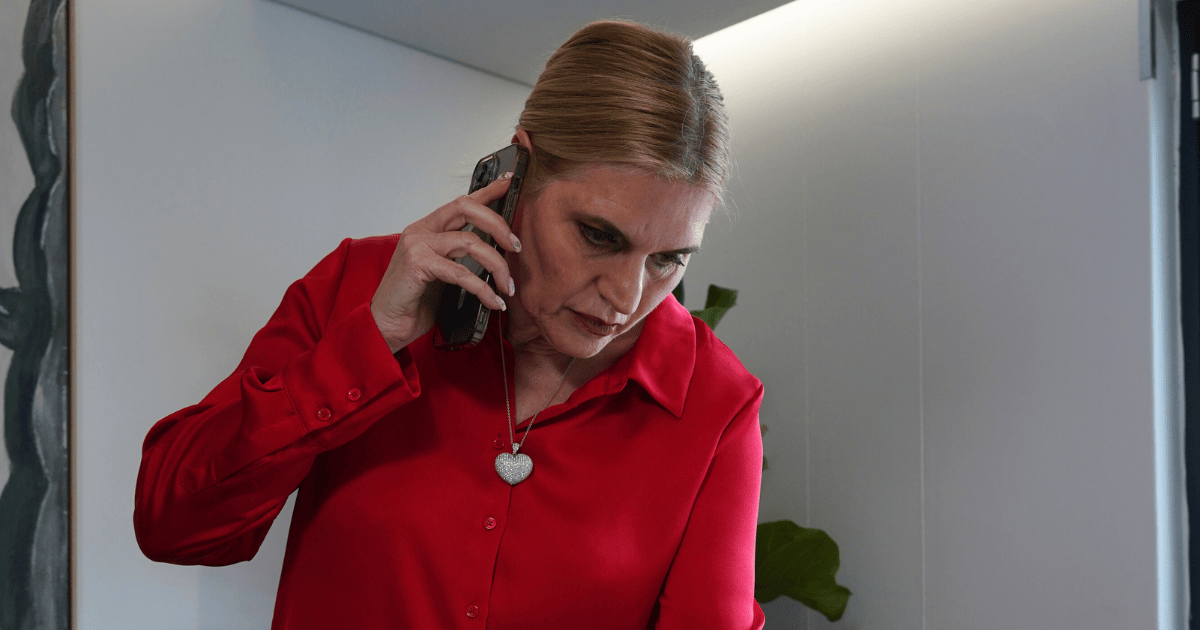The Constitutional Court delivered a judgment on 19 November 2020 that has the effect of increasing protection to domestic workers who are injured, contract diseases or die in the course of their employment in private households.
It confirmed the declaration of constitutional invalidity of section 1 (xix) (v) of the Compensation for Occupational Injuries and Diseases Act (COIDA) by the Pretoria High Court for excluding these domestic employees from the definition of ‘employee’ that would provide them with the benefits in the Act, and which order operates retrospectively from 27 April 1994 (when our interim Constitution came into effect).
The principal purpose of COIDA is for employees, or their dependents, to be empowered to be able to claim compensation from the Compensation Fund in terms of the Act for temporary or permanent disability in terms of the Act instead of having to take civil action against the employer.
Employers are required to register their employees and pay the necessary annual fees for the Fund, and it is unclear how the retrospective effect of this order shall be able to take into account the employer’s obligations which did not exist previously.
There were various exceptions provided for in the Act, for both employer and employee, and this included the specific exclusion of “a domestic employee employed as such in a private household” in the definition of ‘employee’ in section 1.
The main judgment of the Court found this specific exclusion to be unfair discrimination in contravention of section 9(3) of the Constitution. Two minority judgments, whilst differing in their reasoning, did agree that this section of COIDA was inconsistent with the Constitution to warrant a declaration of invalidity.
This is another step forward for protecting the more marginalised members of our society by providing them with further protection and access to social security, but longstanding omissions like this means that we should ask ourselves if there is anything more that our legislature should be doing to rectify these issues and oversights so that people aren’t forced to bring their own applications to the Courts for declarations of constitutional invalidity after they encounter problems and/or harm.
For direct answers to your specific personal questions, please contact us directly.
Author – Murray Taylor





